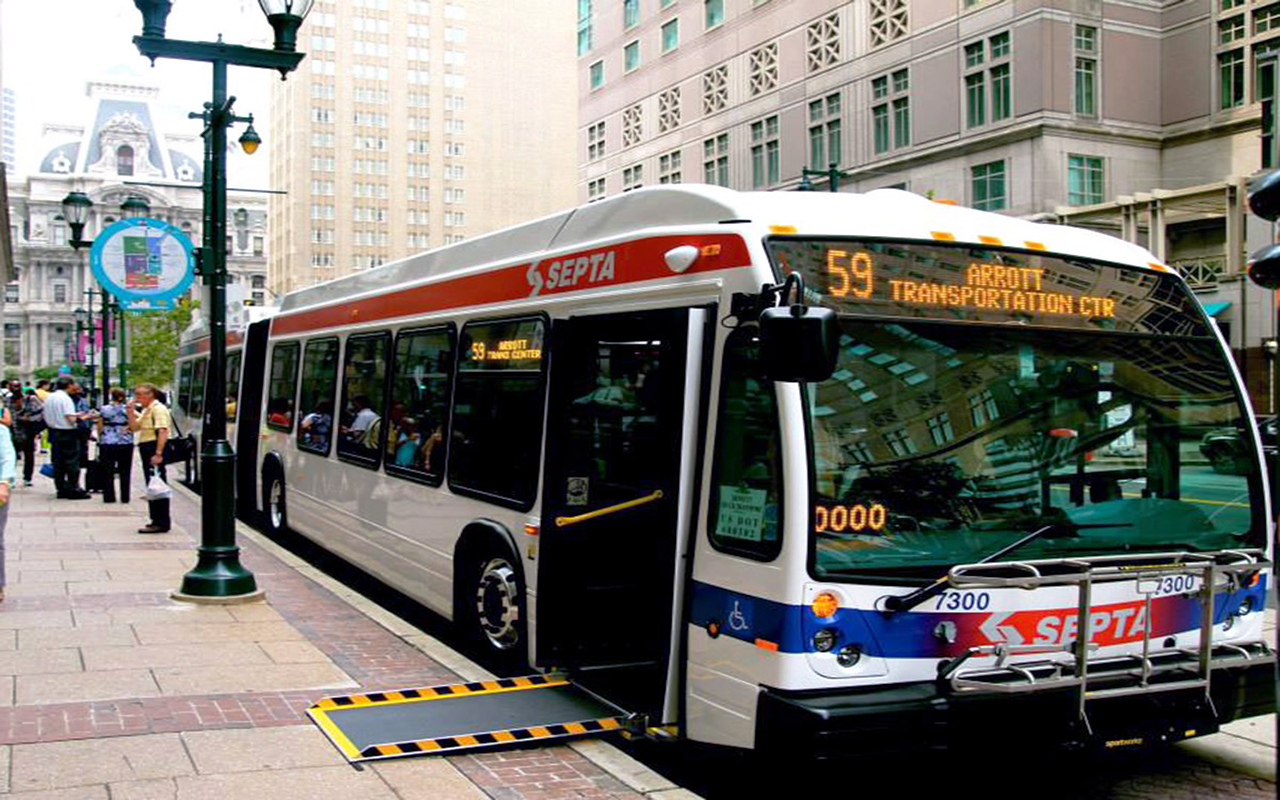
SEPTA Announces 30% Fare Hike, Service Cuts Without State Intervention
In a dramatic announcement Tuesday, the Southeastern Pennsylvania Transportation Authority (SEPTA) warned that without additional state funding, it will implement a nearly 30% fare increase across all transportation services and reduce service significantly. The measures, set to take effect Jan. 1, 2025, mark the start of what officials are calling a potential "death spiral" for Philadelphia’s transit system if funding gaps persist.
SEPTA’s Chief Operating Officer Scott Sauer addressed the proposed changes in a press conference on Nov. 12, 2024. “This is painful, and it’s going to be painful for our customers,” Sauer said, underscoring the agency’s desperation to maintain services. Without intervention, Sauer said, fare hikes and service cuts would only delay, not solve, SEPTA’s financial troubles.
{"preview_thumbnail":"/sites/default/files/styles/video_embed_wysiwyg_preview/public/video_thumbnails/FcoHVfTpr7M.jpg?itok=3Y-uglb6","video_url":"https://youtu.be/FcoHVfTpr7M?si=GMCtFuBv4mErqnKj","settings":{"responsive":1,"width":"854","height":"480","autoplay":1},"settings_summary":["Embedded Video (Responsive, autoplaying)."]}
A Historic Fare Increase
Under the new plan, base fares on SEPTA’s bus and metro lines will increase from $2.25 to $2.90, marking the highest hike in recent memory. Regional Rail riders will also see sharp fare increases depending on their travel zones, with fares starting at $5 for Zone 1 and reaching up to $8.75 for Zone 4. The increased rates, SEPTA officials estimate, would generate an additional $50 million annually. However, with anticipated service reductions and a potential drop in ridership, the agency cautions this figure might not bridge its budget shortfall.
“We’ve held off as long as we could,” Sauer said, referring to the cuts and fare increases. He noted that the transit agency has exhausted federal COVID relief funds that temporarily helped maintain services in recent years. Those funds allowed SEPTA to avoid fare increases since 2017, but with their depletion, the agency faces an escalating financial crisis.
Service Cuts Looming
Alongside fare increases, SEPTA announced plans for extensive service cuts beginning next year. Although specific routes and schedules haven’t been finalized, the agency expects a 20% reduction in services across all transit modes. The cuts may eliminate entire bus routes and significantly scale back the agency’s “bus revolution” project, which aimed to improve bus networks across Philadelphia.
“These changes are heartbreaking,” Sauer expressed, reflecting concerns for communities that rely on public transit. “It’s heartbreaking to see us in a state of decline that doesn’t need to happen.”
CONTENIDO RELACIONADO
Riders and transit advocates have expressed frustration over the potential reductions, arguing that such cuts would disproportionately affect low-income riders who depend on SEPTA for essential commutes. Philadelphia City Council members and advocates like Transit Forward Philadelphia have called on state legislators to reconsider support for SEPTA. Transit Forward representative Jane Black described the cuts as a "devastating blow" to the city’s most vulnerable communities, urging the state to take action to avoid what could become a transit crisis.
The Path Forward
While SEPTA has expressed a willingness to negotiate with state officials, any budget increase was excluded from Pennsylvania’s state budget earlier this year. A proposed $161 million allocation was ultimately denied by Harrisburg legislators, leaving SEPTA to grapple with mounting expenses and stagnant revenue.
SEPTA has also discussed raising additional funds by reinstating parking fees at double their previous rate, among other measures. However, Sauer said these actions would provide only temporary relief and urged Pennsylvania lawmakers to reconsider financial support.
Upcoming public hearings on the fare increases are scheduled for Dec. 13, 2024, with additional hearings on service cuts planned for spring and summer. Local news outlet NBC10’s Aaron Baskerville reported on the proposed changes, emphasizing SEPTA’s urgency to secure a solution.
As 2025 approaches, Philadelphia’s transit landscape faces a critical juncture. Without a statewide solution, Sauer warns that the city’s public transit system could spiral further into financial instability, risking a continued decline in service quality and accessibility for Philadelphia residents.


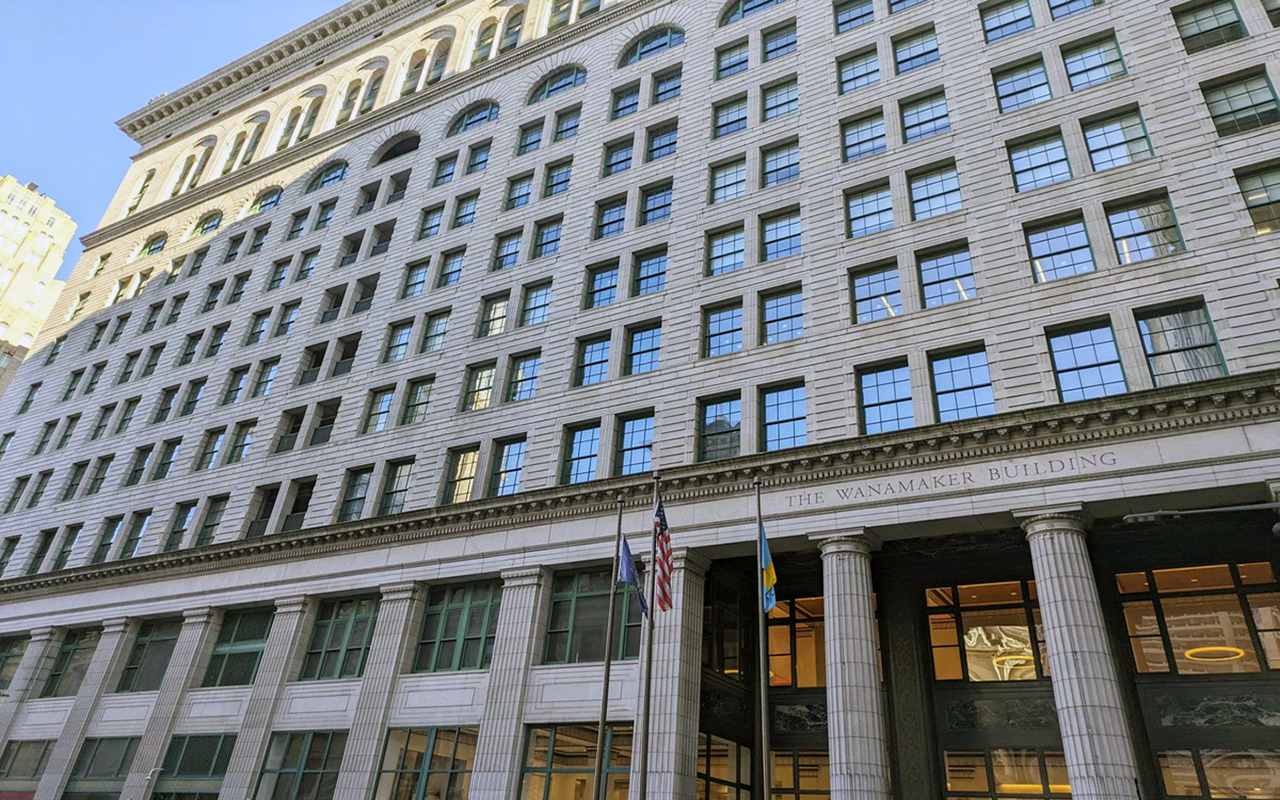

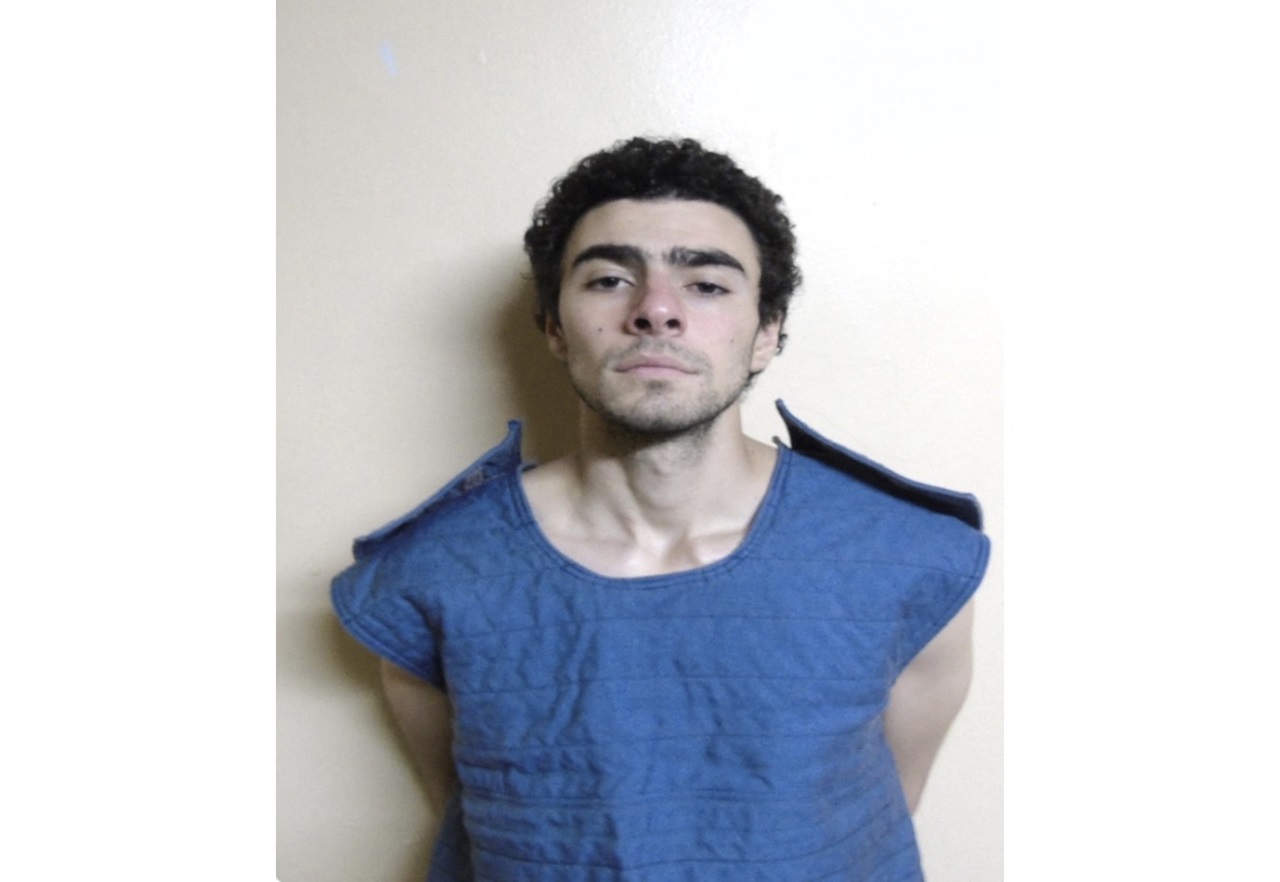

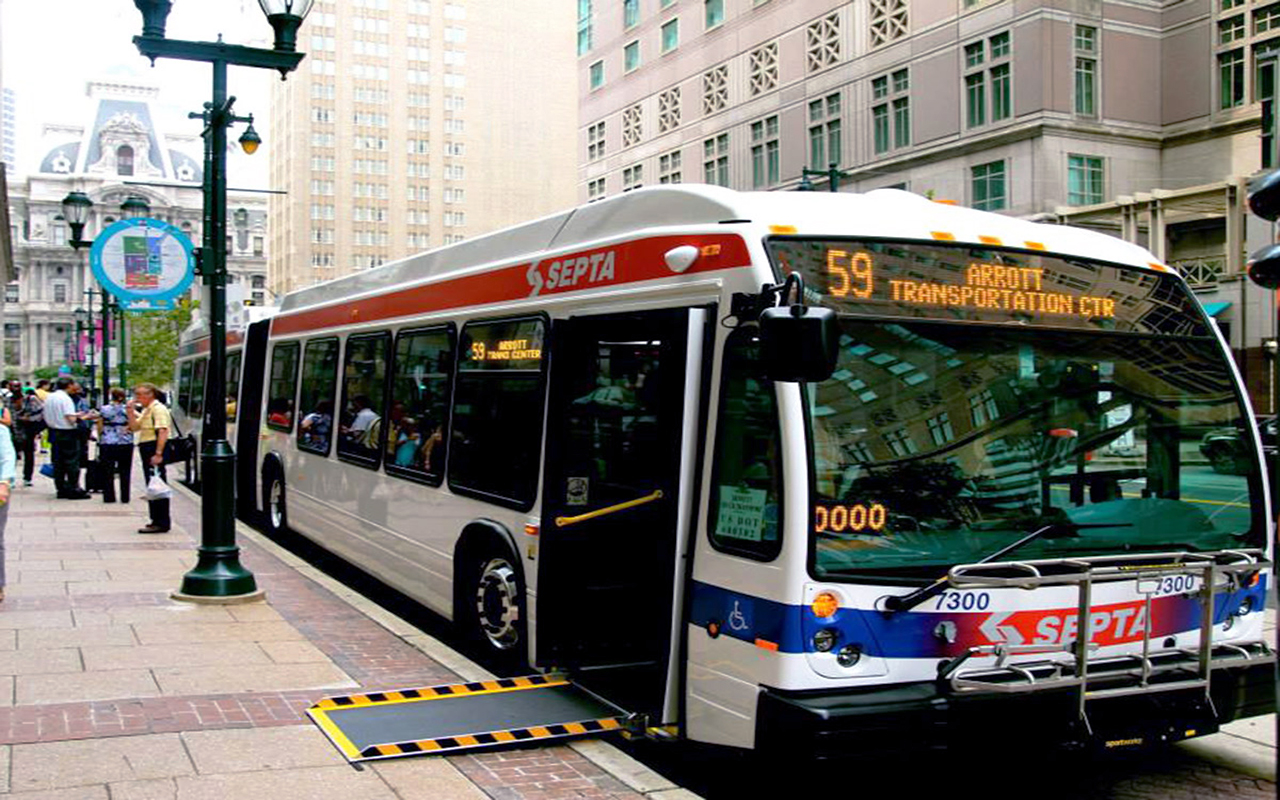
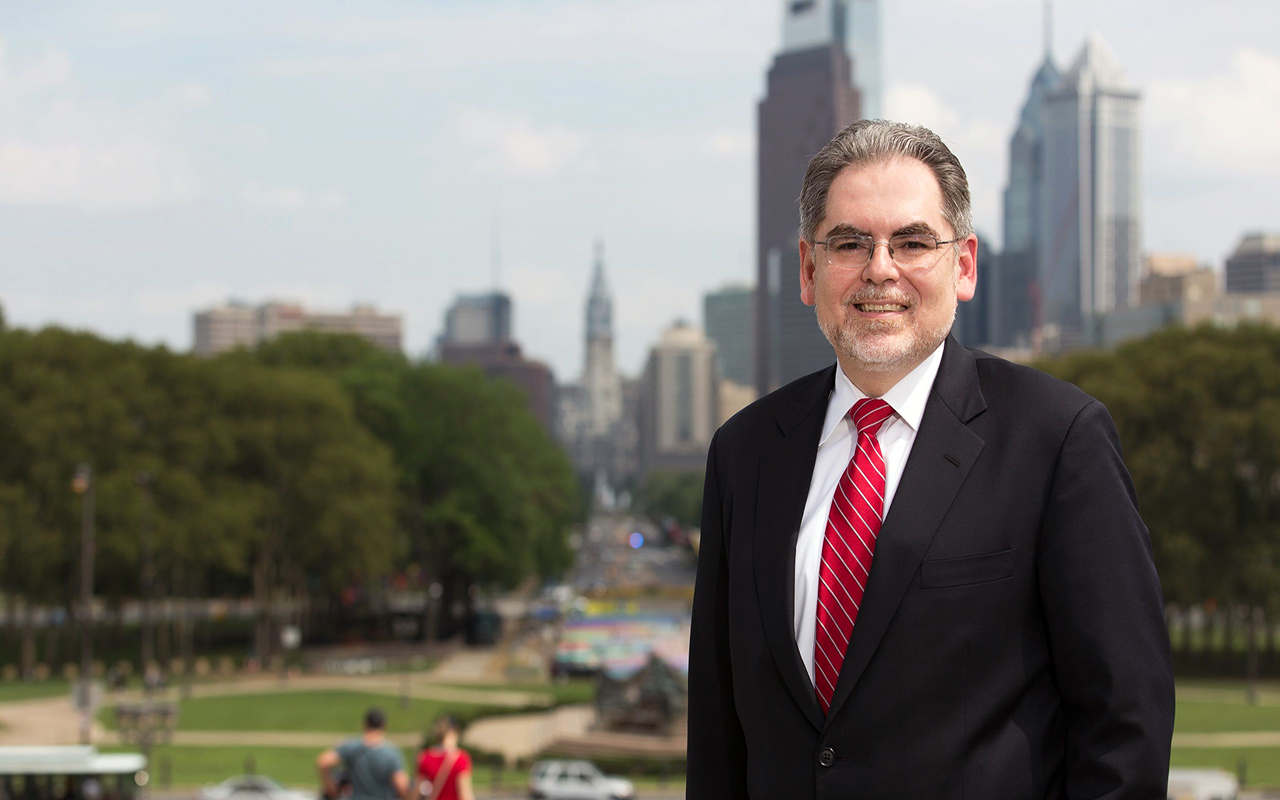

DEJE UN COMENTARIO:
¡Únete a la discusión! Deja un comentario.